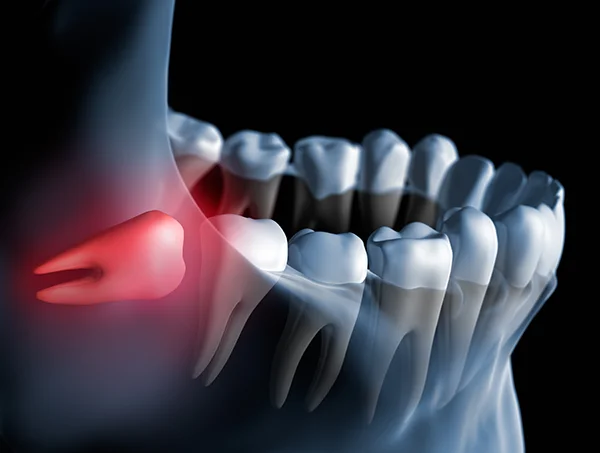Wisdom teeth, also known as third molars, are the last teeth to develop in the mouth and typically emerge between the ages of 17 and 25.
In many cases, wisdom teeth can cause problems such as crowding, misalignment, infection, and pain.
As a result, dentists may recommend that these teeth be removed.
Wisdom tooth removal is a common dental procedure that involves extracting one or more of these teeth to improve oral health and prevent future problems.
At Mountain State Oral and Facial Surgery you can get your wisdom teeth removed by professionals.
They will provide information on what to expect during the procedure, how to prepare for the surgery, what to expect during recovery, and potential risks and complications associated with wisdom tooth removal.
Wisdom Tooth Removal Procedure
Before the wisdom tooth removal procedure, the dentist will thoroughly examine the mouth and take x-rays to assess the position of the teeth and surrounding structures.
The dentist will also discuss the patient's medical history and any medications they are taking to ensure they are healthy enough for the procedure.
During the procedure, the patient will receive anesthesia to numb the area around the tooth being removed.
Depending on the complexity of the extraction, the patient may also receive sedation to help them relax during the procedure.
The dentist will then make an incision in the gum tissue and remove the tooth.
Sometimes, the tooth must be divided into smaller pieces to facilitate removal.
Once the tooth has been removed, the dentist will clean the site and suture the gum tissue to promote healing.
The procedure typically takes less than an hour, and patients can usually go home the same day.
Recovery and Aftercare
After the wisdom tooth removal procedure, patients can expect to experience some pain, swelling, and bleeding.
The dentist will provide instructions on managing these symptoms and prescribe pain medication if necessary.
Patients should also avoid using straws, smoking, and eating hard or chewy foods for the first few days after the procedure to avoid dislodging the blood clot that forms at the extraction site.
Patients should also gently rinse their mouths with salt water and brush their teeth, making sure to avoid irritating the extraction site.
It is important to follow all aftercare instructions provided by the dentist to ensure proper healing and prevent complications such as infection or dry socket, which occurs when the blood clot is dislodged from the extraction site, exposing the underlying bone and nerve.

Complications and Risks Associated with Wisdom Tooth Removal
While wisdom tooth removal is a safe and routine dental procedure, some potential risks and complications are associated with the surgery.
These can include bleeding, infection, dry socket, nerve damage, and sinus problems.
Additionally, patients with certain medical conditions or taking certain medications may be at a higher risk for complications.
It is important to discuss any pre-existing medical conditions or medications with the dentist before the procedure.
Patients should also follow the dentist's aftercare instructions to minimize the risk of complications and promote proper healing.
Patients who experience severe pain, excessive bleeding, or signs of infection should contact their dentist immediately for further evaluation and treatment.
Wisdom Tooth Removal Surgery Ashland KY
To schedule an appointment with us at Mountain State Oral and Facial Surgery for your wisdom tooth removal, call us at (606) 467-2077 today.
Interested in dental implants? Learn more about the different types of dental implants today!

